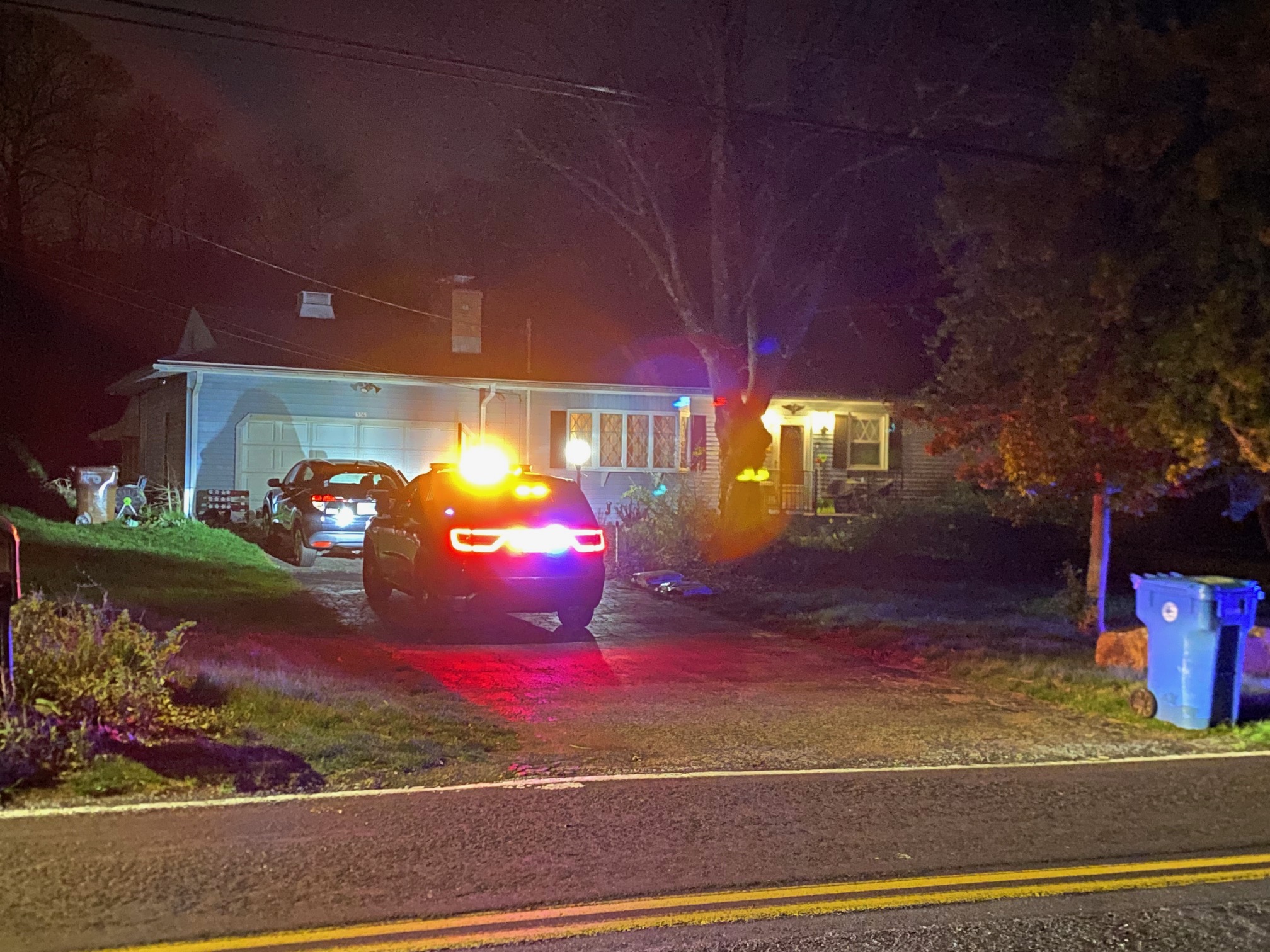Emergency department crowding has reached a “crisis level,” according to Yale researchers. Data concluded that widespread overcrowding is putting patients’ safety at risk.
According to a pair of Yale studies, overcrowding is a growing problem. While the study looked at thousands of hospitals, nationwide, the doctor overseeing the research says the problem is quite present here.
“We can’t have one meeting with our medical directors around the state here in Connecticut where this is not issue number one,” Dr. Arjun Venkatesh said.
Venkatesh was the study’s senior investigator. Among the critical data points studied was “boarding time,” or the time it takes from a patient's examination to hospital admittance. The conclusion was when boarding time exceeded four hours, a patient's risk level increases.
Get Connecticut local news, weather forecasts and entertainment stories to your inbox. Sign up for NBC Connecticut newsletters.
That four-hour wait was generally exceeded anytime a hospital’s capacity surpassed 85%, which the study showed was prevalent.
“As we look across the country, we have a lot of hospitals that are operating at 95% full. 100% full. Even 105% full,” Venkatesh said.
Those circumstances are resulting in treatment delays and creating higher risk.
Local
“Medications start getting missed, other risks start happening, and patients have worse outcome,” Venkatesh said.
Magnifying the situation is a nationwide staffing shortage. Venkatesh explains that COVID-related stress has led to an increase in burnout, leading to people leaving the medical field.
The staff shortage has hampered hospitals’ ability to handle a high volume of patients, which has led to a greater frequency of patients leaving emergency departments without ever being seen.
According to one of the studies, the median rate of patients leaving the ED without being seen nearly doubled between 2017 and 2021. At some hospitals across the country, it was as much as 10% of the patients who visited.
Venkatesh explains that this has sometimes led to patients’ conditions worsening, increasing the probability of them needing hospitalization. He recommends patients who experience long wait times should either find another emergency room or speak with their doctor immediately.
“Don’t just assume that because your belly pain went away or your chest pain went away for a little bit that you’re fine,” Venkatesh said.
As for a solution, Venkatesh said there is no quick fix. He explains that in addition, hospitals needing to find ways to increase capacity also need to figure out how to take care of more patients with fewer people.



